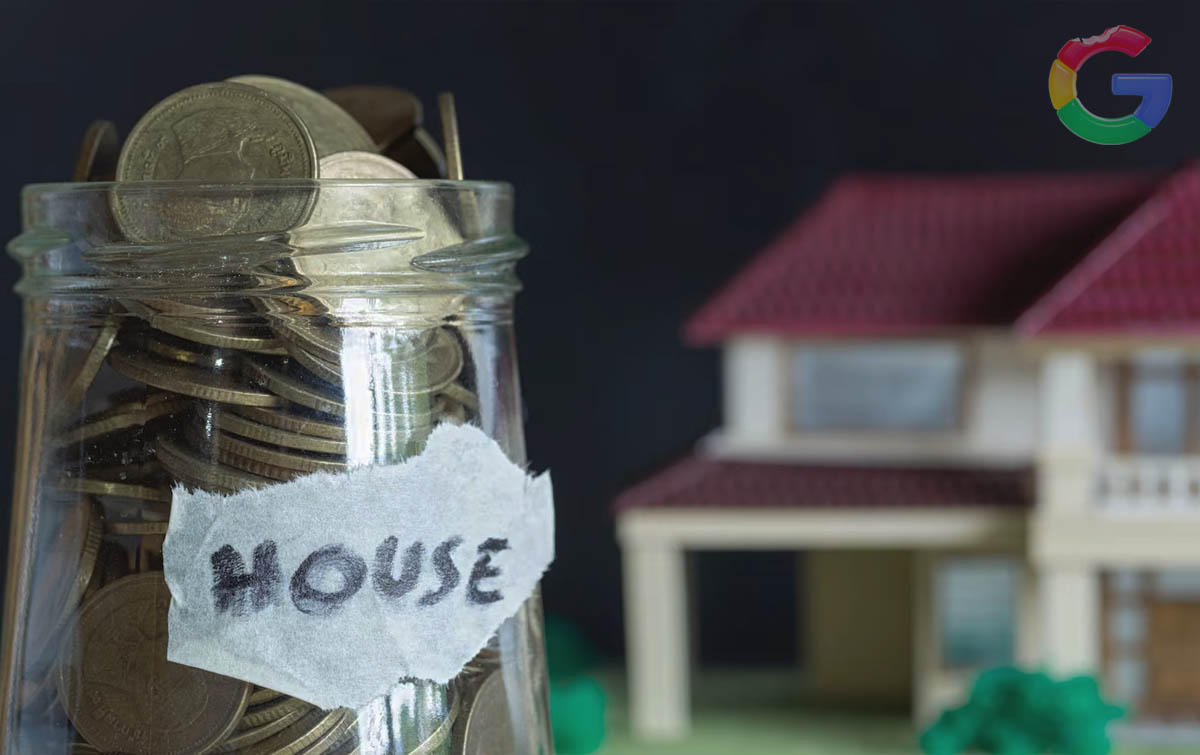A house purchase is an eventful and significant milestone in one’s life. Saving money for the down payment is where it all begins. Find out how much money you’ll need to save, as well as some helpful hints to save it more quickly.
1. Find out How Much You Need for a House Deposit
Calculate how much you can borrow before you begin saving for a deposit. Don’t forget to factor in additional costs like stamp duty and conveyancing fees when buying a house.
You may use the following formula to determine the amount of your deposit:
- The sum required to purchase the property
- And on top of that, there will be additional costs
- subtracted from the maximum sum you may reasonably borrow
- equals the required deposit
Why a larger deposit will save you money
For a house deposit, this is a fantastic savings goal:
- 20% of the purchase price of the house
- plus sufficient funds to meet the costs associated with buying a house
A 5% deposit is all that some lenders need. A lower deposit, however, entails a larger loan, which means higher interest rates.
Lenders will see that you are a responsible borrower and a good saver if you make a larger deposit. You might have better luck securing a mortgage or other type of loan if you do this.
Loan to Value Ratio
The lower the loan to value ratio, the larger the deposit. The Loan-to-Value Ratio (LVR) is the total loan amount divided by the sales price (or appraised value) of the property. Your LVR would be 75%, for instance, if you were buying a $600,000 house with a $450,000 loan.
There will be less likelihood that you will have to pay LMI premiums with a lower LVR. It also improves your chances of being granted a loan.
Lenders Mortgage Insurance
You typically have to pay LMI if your LVR is greater than 80%. If you default on your loan installments and the lender is unable to collect the outstanding debt, this insurance will protect them. You and an are not protected by LMI; the lender is.
To pay the expense of LMI, you are charged a one-time fee. This fee can be added to the loan or paid in full at closing. Interest will be charged when you repay your loan if you include the LMI fee. A typical LMI fee is around $6,200. But, if your LVR is very high, the cost could be much more.
2. Get Help to Buy a Home
You might be eligible for assistance from the government if you’re buying your first home.
First Home Owner Grant
The First Home Owner Grant may be available to you if you are a first-time home buyer or developing a new home (FHOG). Although the specifics vary by state or territory, the grant may be used to:
- Help you pay for your home – in some jurisdictions, you can receive up to $20,000
- Reduce the amount of Land Transfer Tax you pay (stamp duty)
First Home Super Saver Scheme
First home purchasers can save a deposit through their superannuation under the First Home Super Saving Scheme (FHSSS). First-time homebuyers can access up to $15,000 annually in voluntary super contributions.
There is an annual cap of $30,000 on total salary and contributions to the scheme’s retirement account.
First Home Loan Deposit Scheme
Beginning on January 1, 2020, the First Home Loan Deposit Scheme is open. It aids first-time homebuyers who qualify by:
- With a deposit of just 5% of the total price, you can buy a house
- Lender’s Mortgage Insurance (LMI) costs can be cut by about $10,000
3. Start Saving Your House Deposit

Create a savings plan now that you know how much money you’ll need for a deposit. Plan your savings together if you are buying a house with someone else.
How long it takes to save for a house deposit
Being realistic about how long it would take to save for a house deposit is essential. It all comes down to how much houses cost in your desired location.
Nevertheless, if you make and stick to a savings plan, you can get there faster.
Prepare a budget
Organizing your funds should be your first priority. Do this together if you and a partner are preparing to buy a house.
Get yourself a budget and you’ll be able to see:
- What money comes in and what goes out each month
- how much you can consistently save towards your deposit
- ways to save money
Look this easy strategies to increase your savings and save money > Tips on How to Save Money
Make savings automatic
Putting money into a savings account as soon as you get paid is a wonderful method to increase your savings. You can have your employer deposit money into a savings account on a regular basis, or you can arrange for a portion of your paycheck to be sent there automatically.
You can “set and forget” when using automatic transfers. Without needing to send money every pay period, you can increase your savings.
You might want to think about investing
Consider investing if you plan to buy a house in the near future. Investing in stocks or a managed fund can boost your savings if you’re willing to take on some risk.

